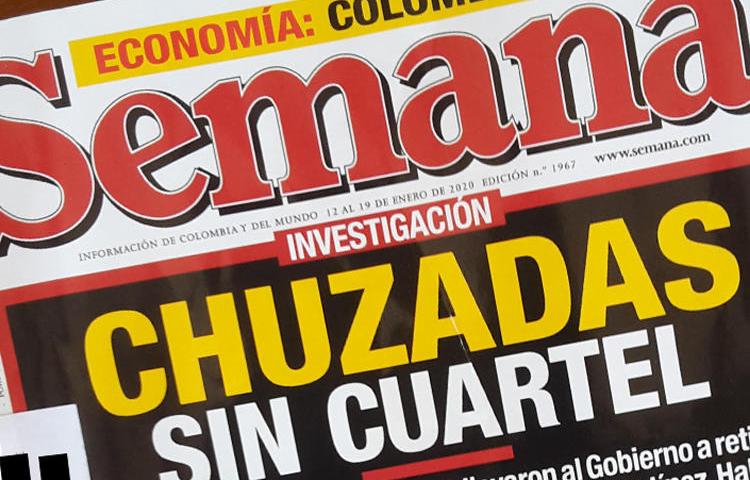
Colombian magazine Semana alleges military spied on its journalists
Bogotá, January 13, 2020 – Colombian authorities must undertake an in-depth and transparent investigation into allegations that the military illegally spied on journalists, and ensure those responsible are brought to justice, the Committee to Protect Journalists said today.
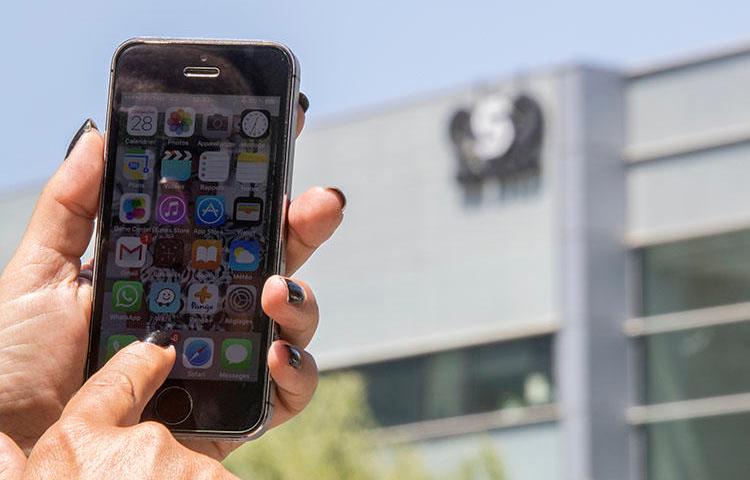
CPJ Safety Advisory: Journalist targets of Pegasus spyware
Pegasus is a spyware created for mobile devices which transforms a cellphone into a mobile surveillance station. Researchers have documented it being used to spy on journalists. This raises significant implications for journalists’ own security and that of their sources.
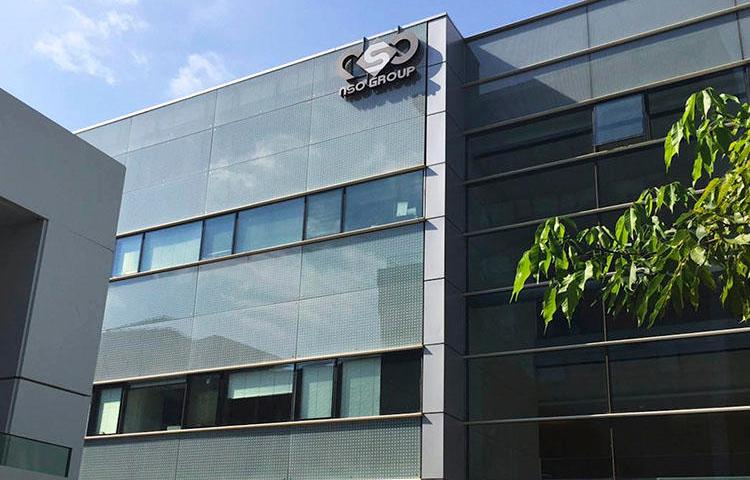
Indian journalists reported among targets of alleged NSO Group WhatsApp hack
New York, October 31, 2019—The Committee to Protect Journalists is alarmed by news reports that several journalists in India have been notified that they were among the targets of suspicious WhatsApp contact that may have been used to install advanced surveillance technology on their phones. Facebook-owned WhatsApp this week said it filed a lawsuit accusing…
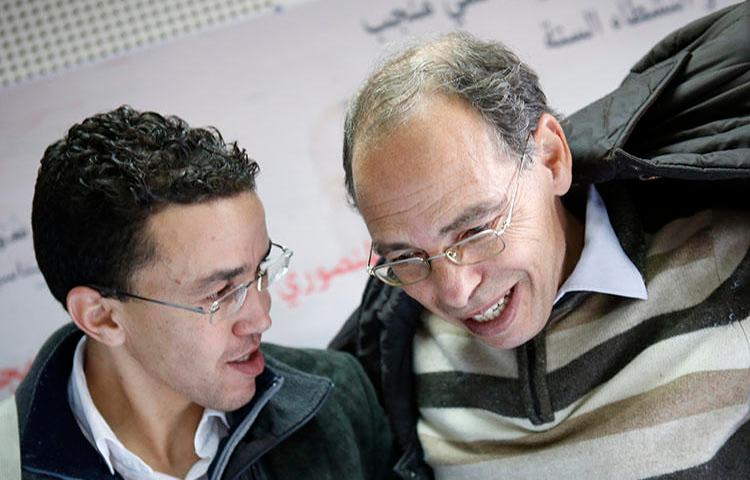
Q&A: Moroccan press freedom advocate and NSO Group spyware target Maati Monjib
Pegasus, the cellphone spyware tool sold by the Israeli firm NSO Group, is one of the most powerful surveillance systems governments can buy, experts say. Researchers who study it have detected “45 countries where Pegasus operators may be conducting surveillance operations,” and detailed its capabilities: whoever tricks the target into clicking on a link that…

Israel eased export controls on surveillance technologies amid criticism
New York, August 22, 2019–Israeli officials confirmed that, under a rule change by the Defense Ministry, Israeli surveillance companies are able to obtain exemptions on marketing license for the sale of some products to certain countries, Reuters reported today. It is not clear which companies, and which products, were impacted; however, Reuters reported that the…
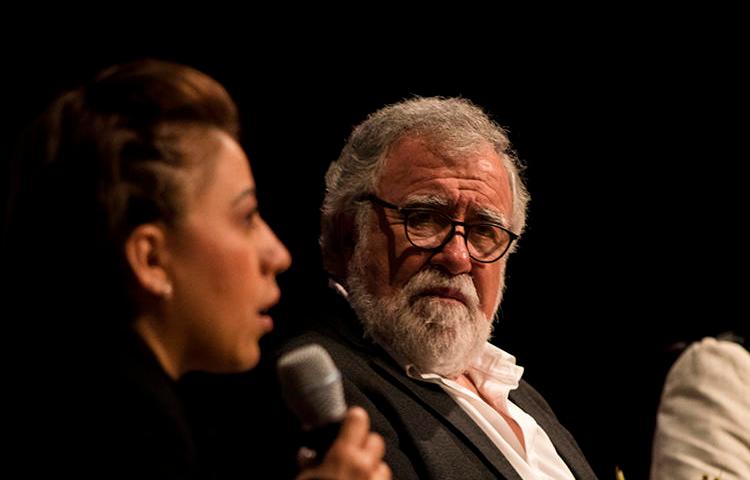
Press freedom summit urges Mexico to reform journalist protections
On June 18, more than 400 people converged in Mexico City for CPJ’s Mexico Press Freedom Summit. Energized by a sense that the country is at a point of profound political change under the government of President Andrés Manuel López Obrador, the conference delved into the threats for Mexican journalists.
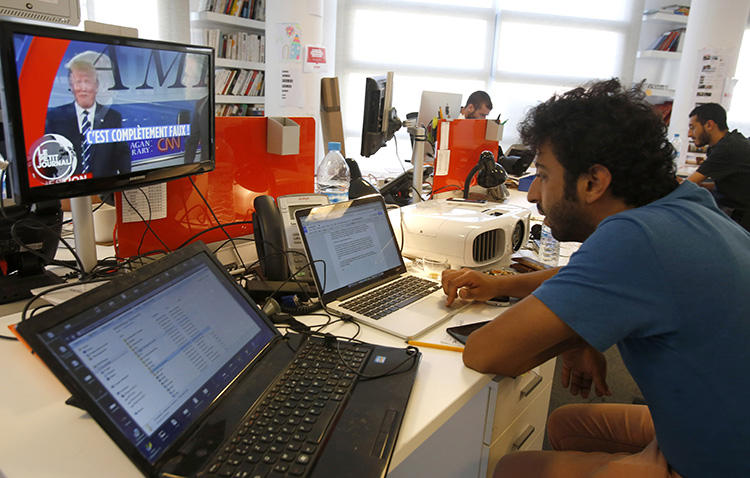
Moroccan independent journalists describe climate of pervasive surveillance, harassment
In March 2015, Hicham Mansouri emailed an anti-malware company, suspicious of possible signs that someone was able to access his device remotely, without permission. He remembers exchanging a few messages with the software company, but the correspondence was interrupted after a few days, when around 10 police officers in civilian clothes arrived at his home…
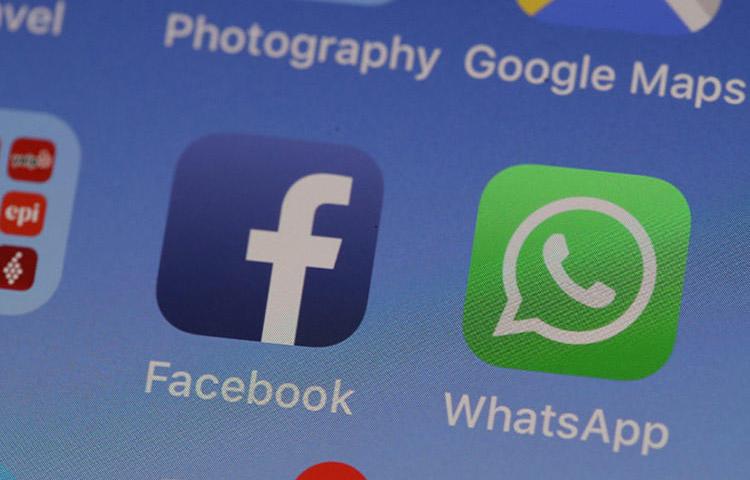
CPJ Safety Advisory: Spyware vulnerability found in WhatsApp
[EDITOR’S NOTE: See CPJ’s updated safety advisory here https://cpj.org/2019/11/cpj-safety-advisory-journalist-targets-of-pegasus-.php.] New York, May 14, 2019–A vulnerability that infects phones with spyware has been identified in the messaging app WhatsApp, according to reports. The attack targets users of Android and iPhone and involves calling users over WhatsApp. Those targeted report receiving a series of missed calls from…
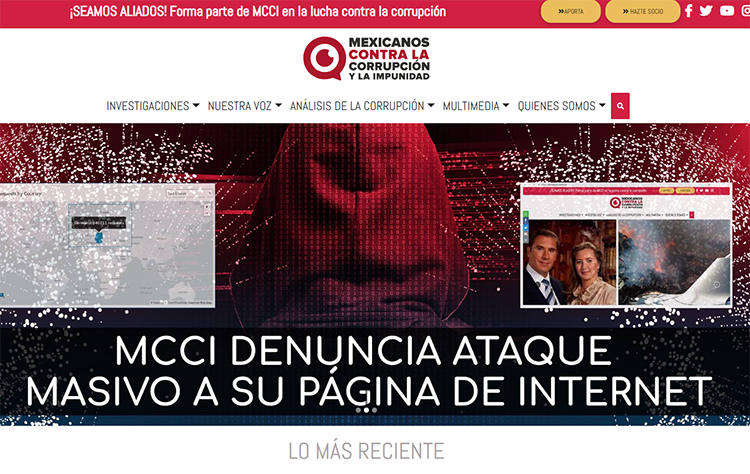
Mexican anti-corruption news website MCCI hit with cyberattack
New York, May 10, 2019–The Committee to Protect Journalists today condemned a cyberattack on Mexicanos Contra La Corrupción y Impunidad (MCCI), a Mexican nonprofit news outlet that publishes in-depth investigations into corruption in Mexico and Latin America.

NSO Group responds to spyware abuse allegations with spin
Entering the terms “NSO Group,” “journalists,” and “spying” into a Google search from a workstation in New York City recently produced a sponsored search result at the top of the page. The NSO Group manufactures some of the world’s most sophisticated and high-profile spyware, and its sponsored link invites readers to a slick website touting…